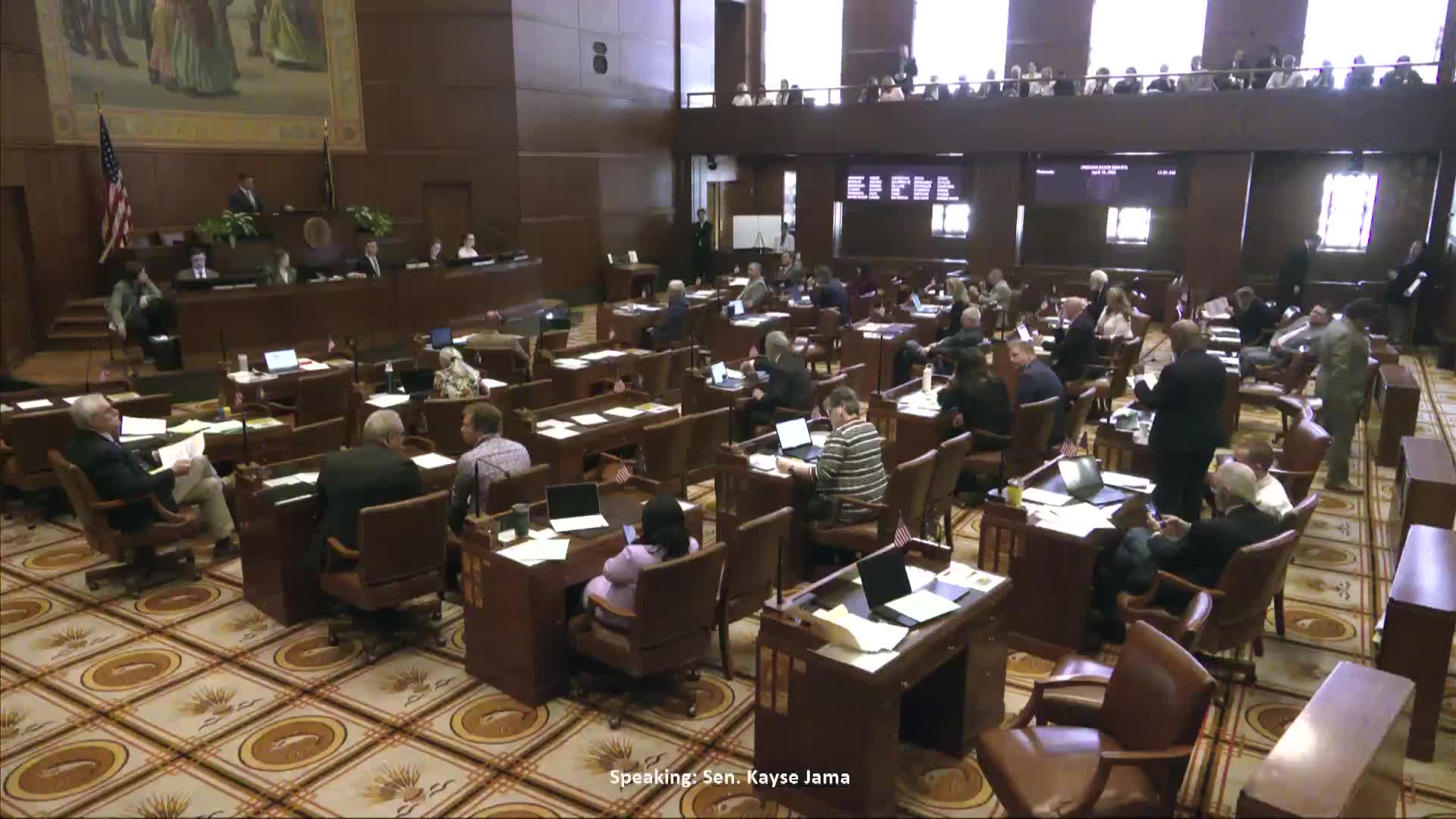Article not found
This article is no longer available. But don't worry—we've gathered other articles that discuss the same topic.
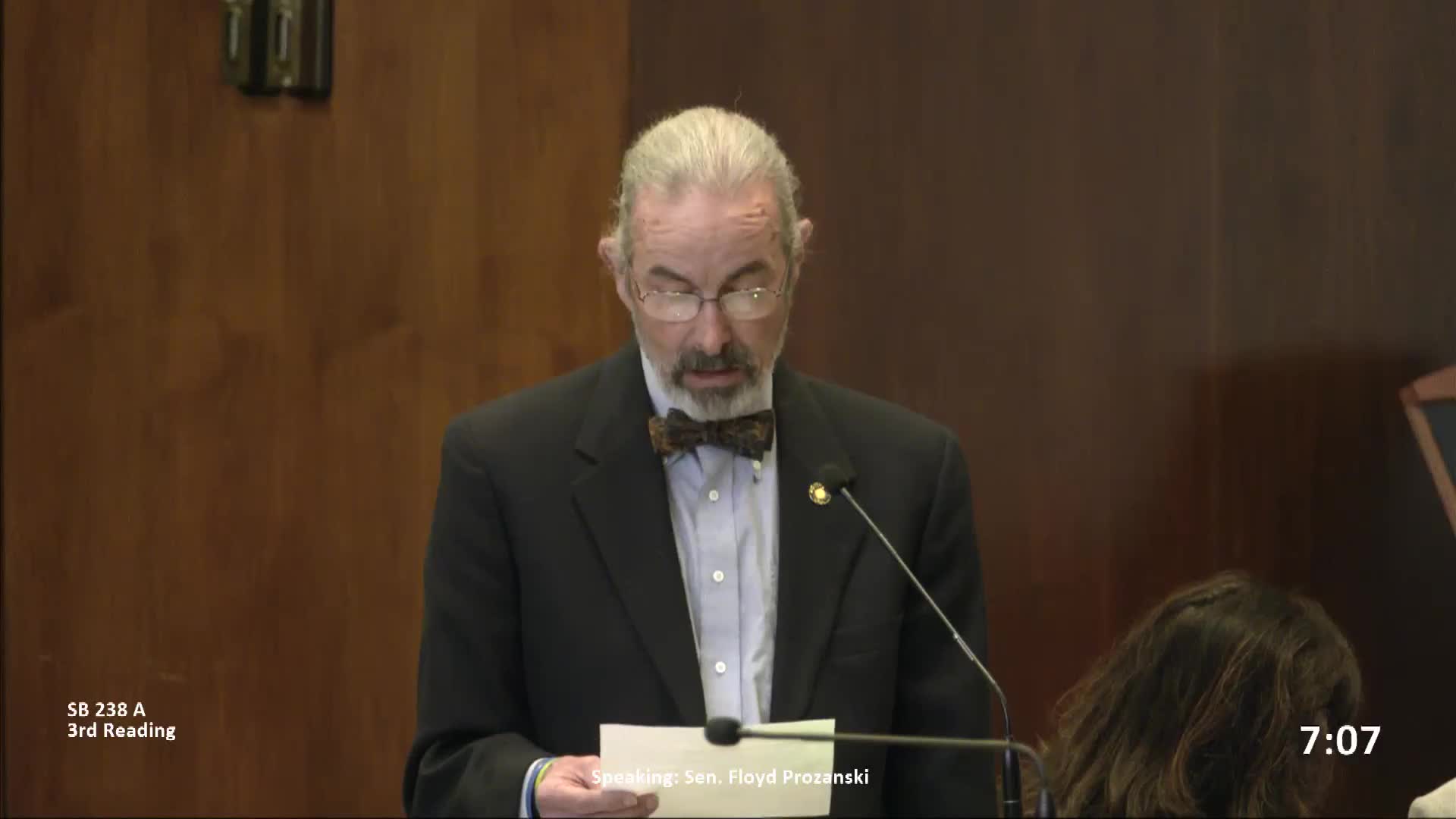
Senate approves grant program to fight organized retail theft
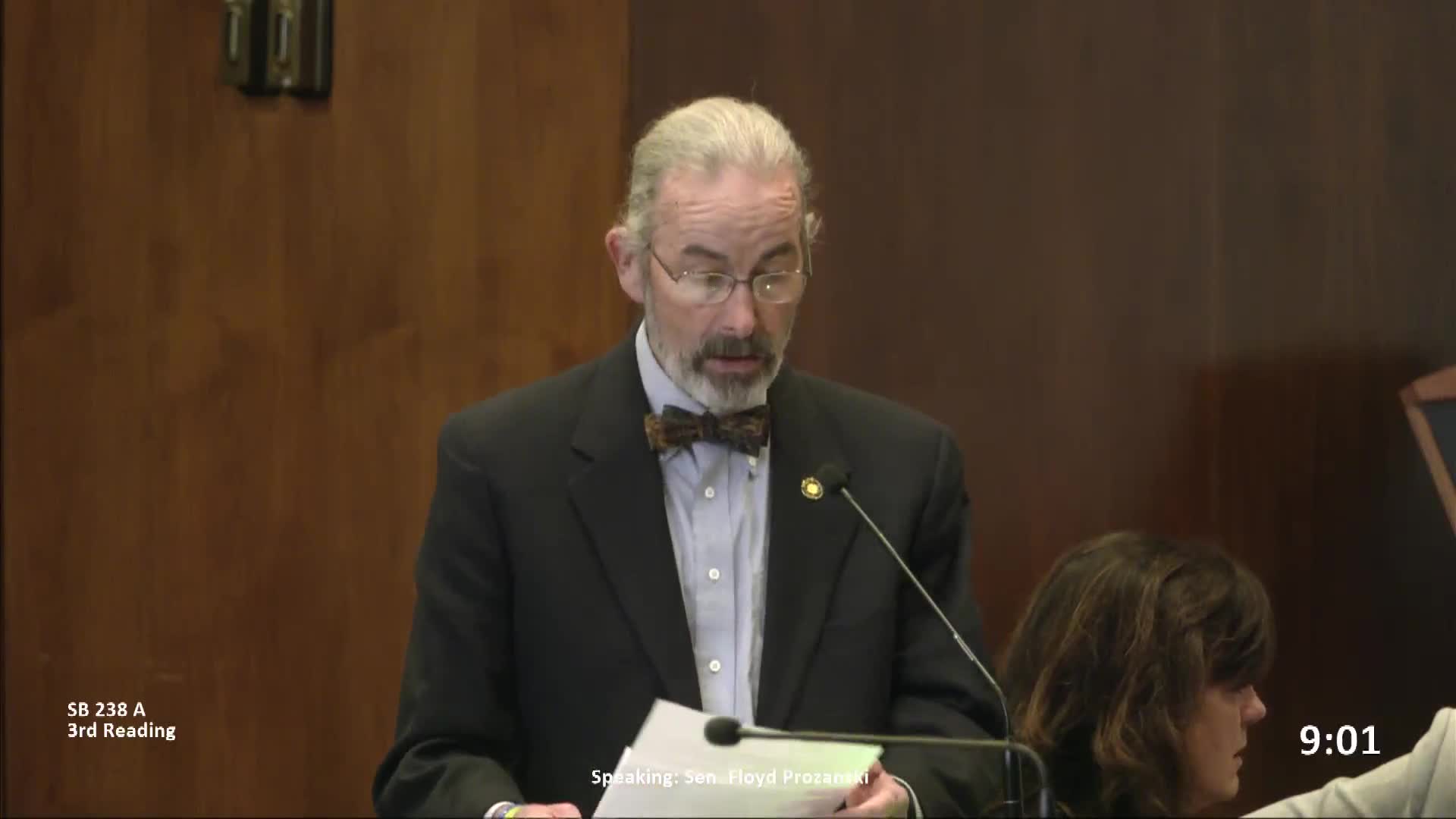
Senate OKs limits and safeguards on law-enforcement use of drones
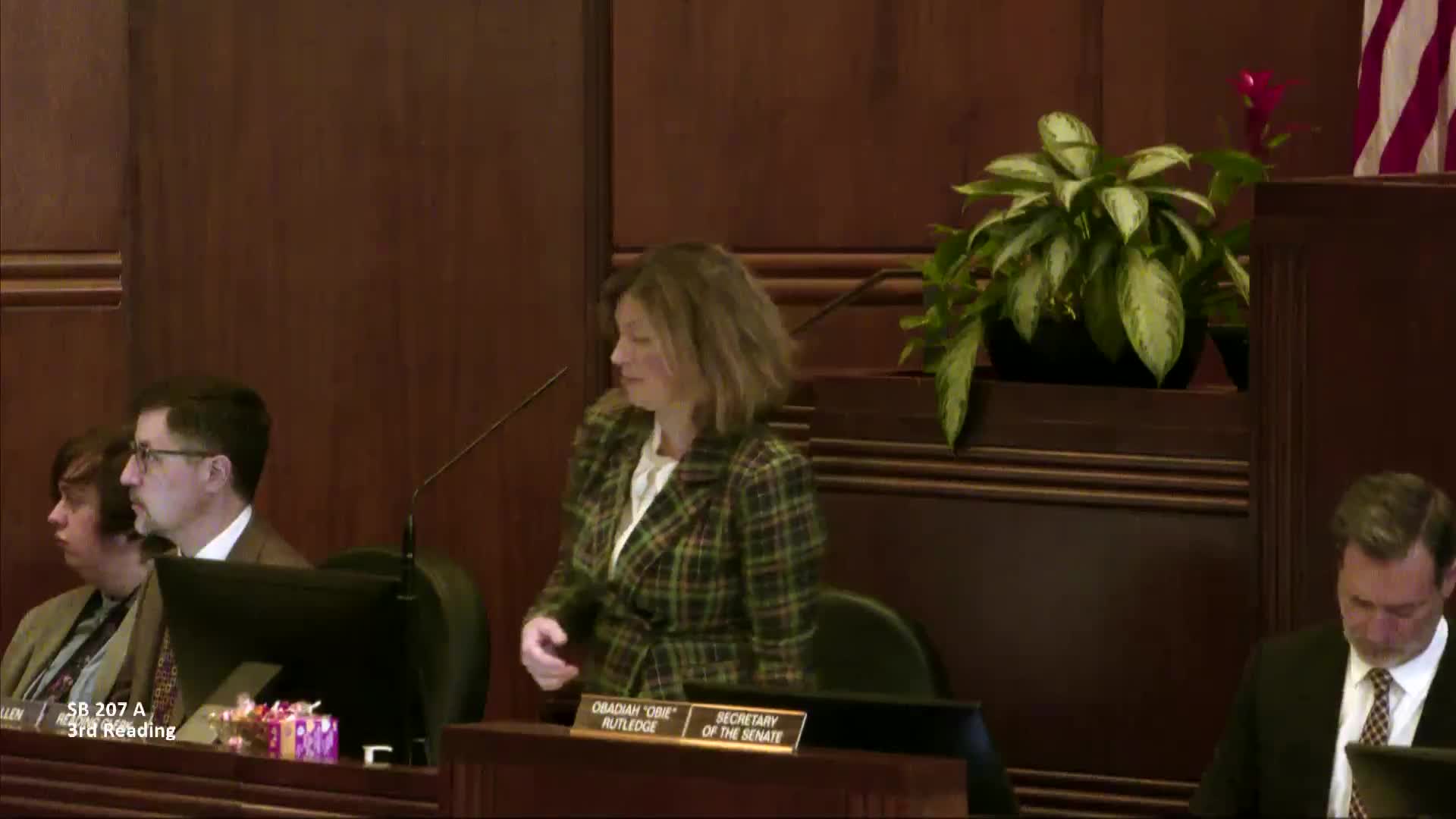
Senate approves measure allowing cosmetology apprenticeship route in rural areas
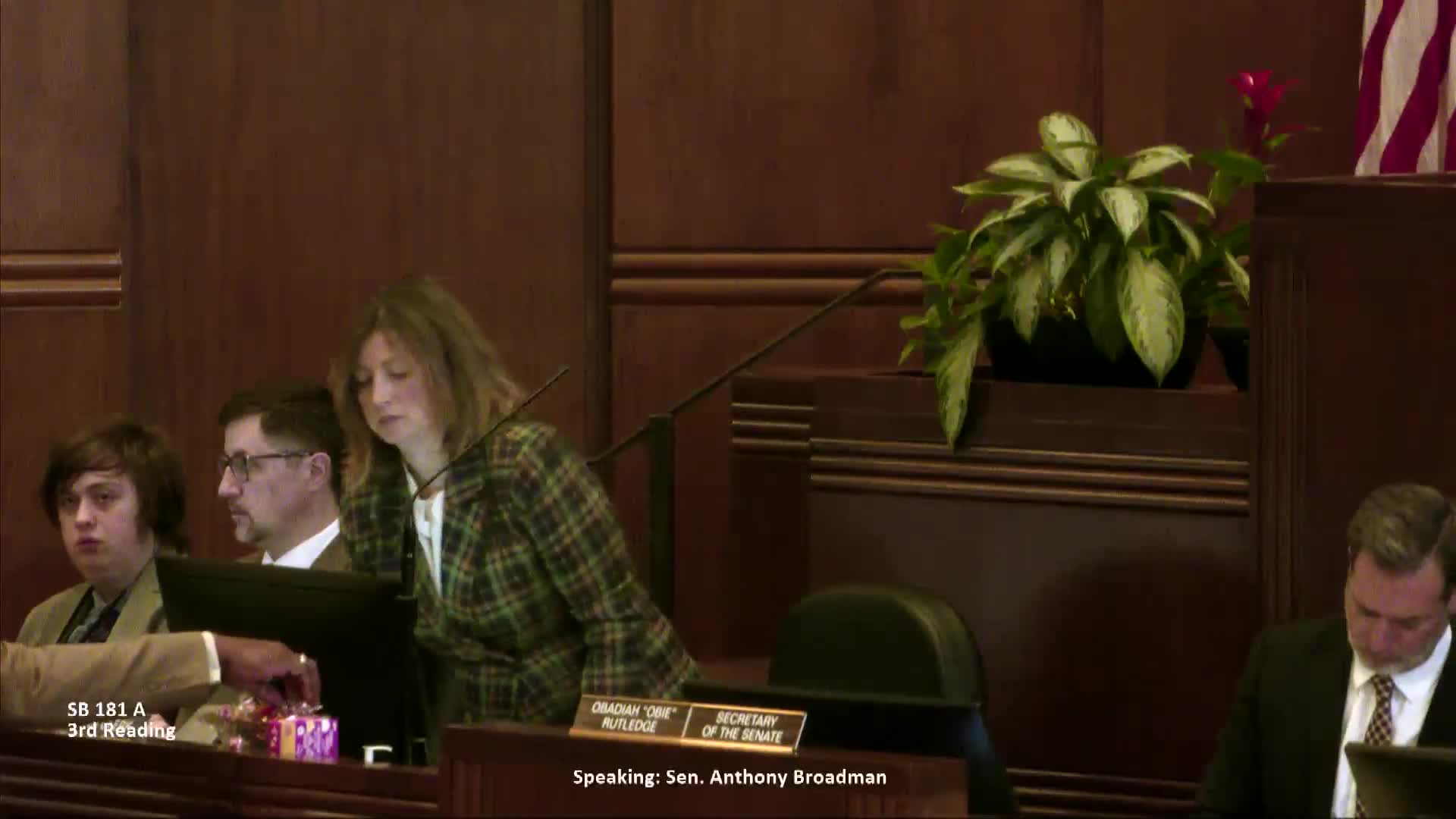
Senate passes bill limiting public funds for most painful dog and cat experiments
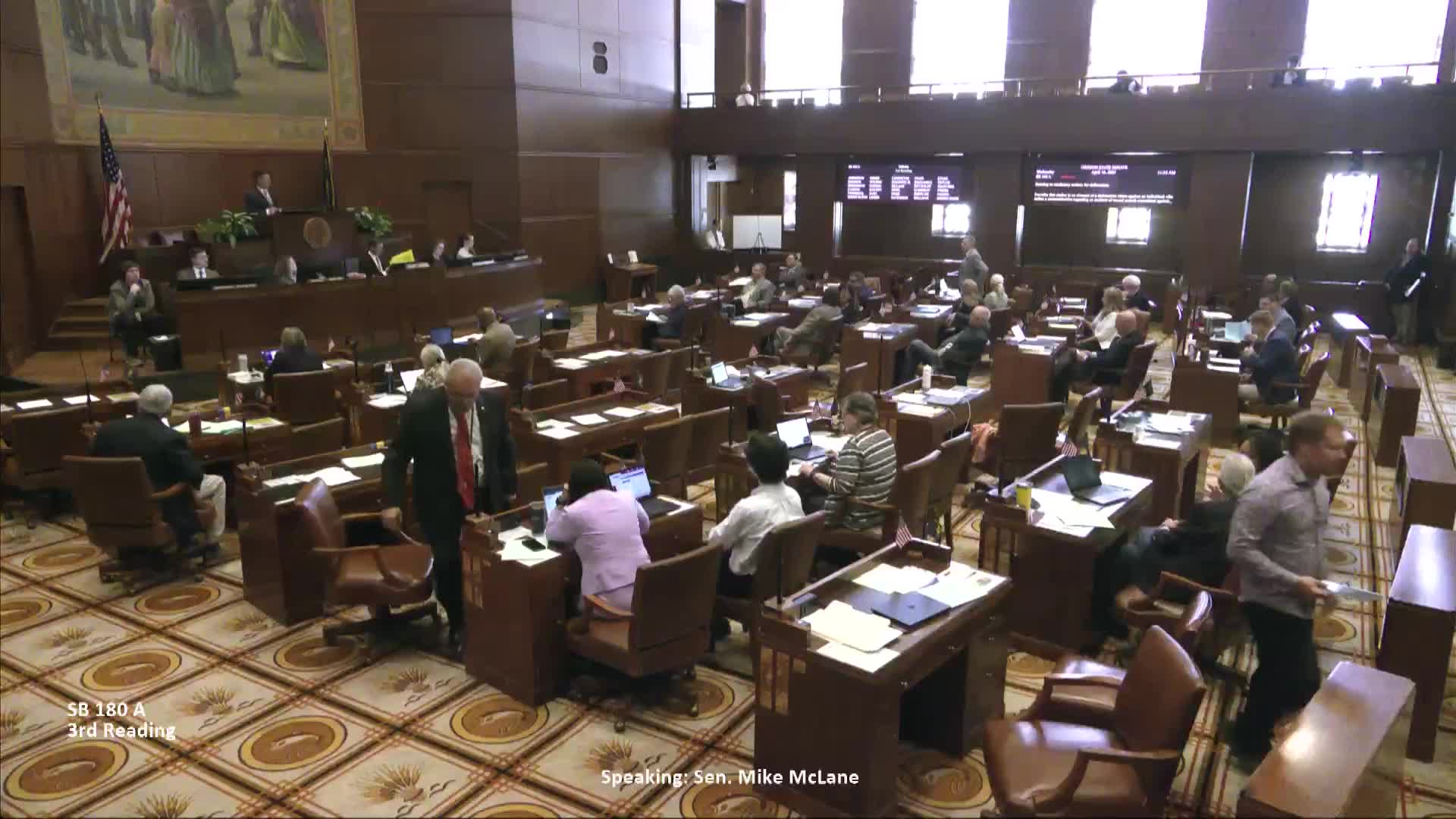
Senate raises defamation standard for statements by people who say they were sexual-assault victims
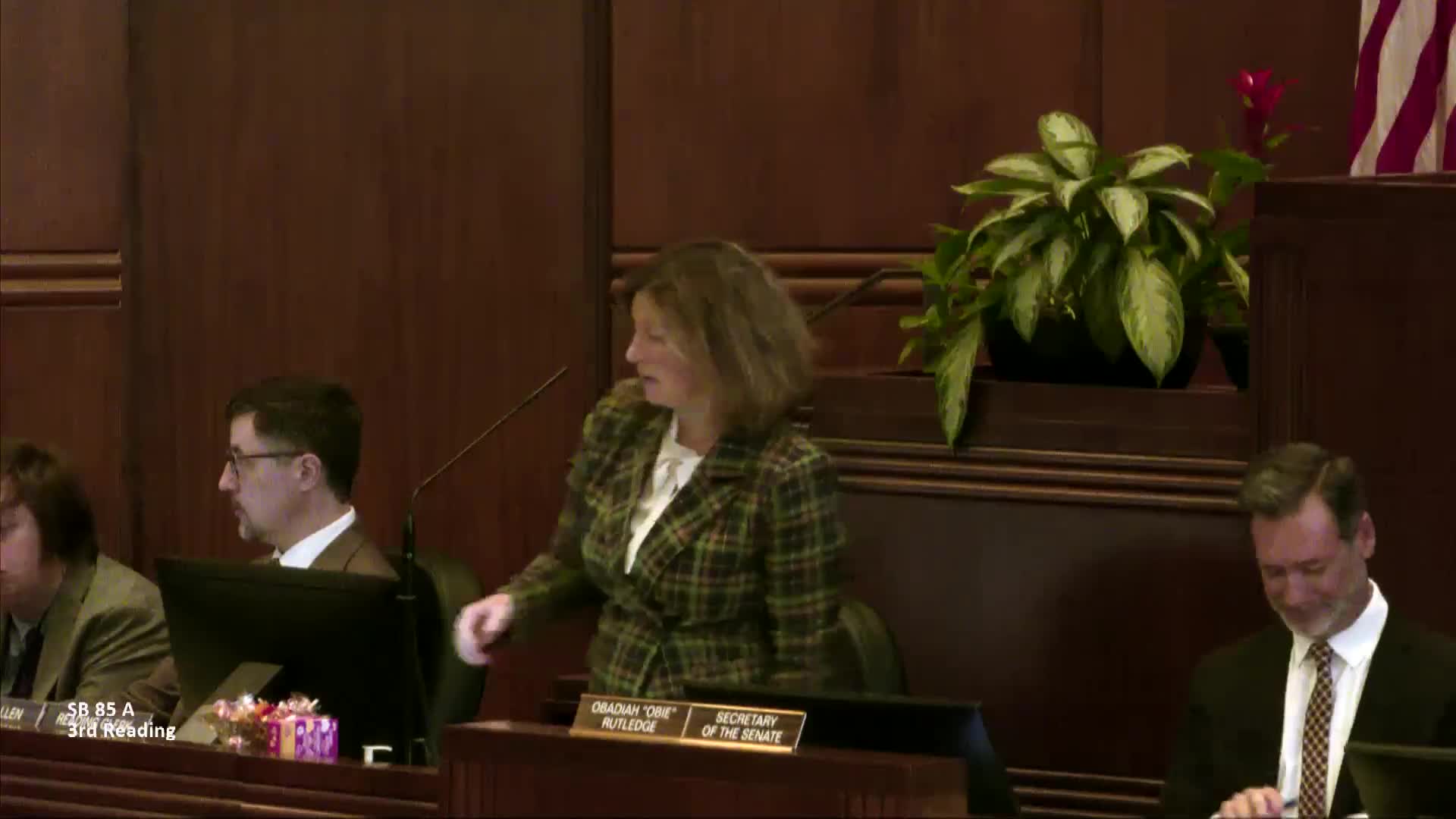
Senate passes bill to study neighborhood wildfire mitigation and insurance links
